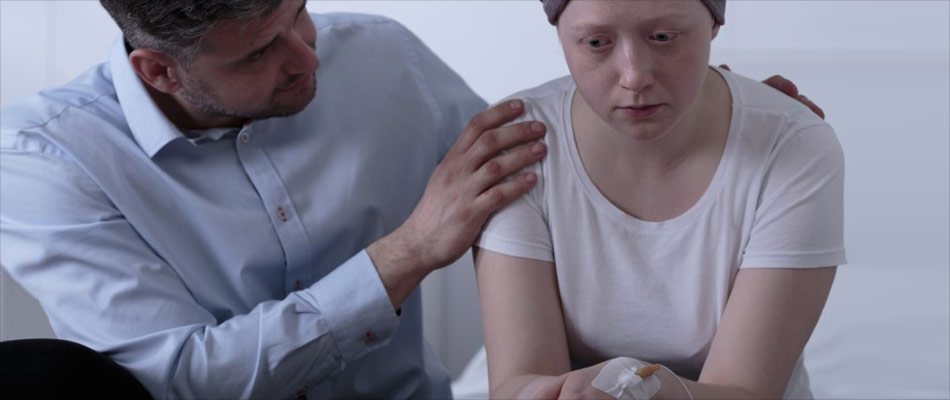
Breast Cancer can affect you not only physically, but also mentally and emotionally. It is not uncommon to see breast cancer patients having difficulty in returning to a normal life after their breast cancer diagnosis and initial treatment. A breast cancer diagnosis often brings up one of the worst health fears. The initial reaction is that it is the end of the life as we know it. You do have to make a lot of changes to your life. These changes have to be implemented from the time you are diagnosed, throughout treatment and then later throughout life. One does change.


It’s important to remember it’s perfectly OK and normal to be sad and angry. You will have great days where you will feel positive towards life and there will be days in which you want to just give up. A good coping strategy during this time is to find out as much information that you can about breast cancer and its possible treatment options. You can learn about its subtypes and how treatment varies with each subtype. You can put together two teams: A comfort team and a treatment team. The comfort team comprises of family and close friends. They will act as your pillar of support during this stage of emotional turmoil. The treatment team may comprise of your doctor, surgeon, oncologist, a psychiatrist and a social worker. The medical team will help you co-ordinate your treatment regime. There is a subspecialty in the field of psychology called psycho-oncology or behavioral oncology. These specialists can help you cope with any anxiety or stress that breast cancer can cause. They teach you to focus on your strengths, help you work on your weaknesses and help you develop stress management skills.
Sometimes a breast cancer patient has to undergo a mastectomy as a part of her treatment. A survivor says that a breast cancer surgery can really damage your self-esteem following a mastectomy. Mastectomy is the surgical removal of one or both breasts, partially or completely. A mastectomy is usually carried out to treat breast cancer. A mastectomy can have a serious toll on a woman and may also affect the way she looks at herself.

 Women should be made aware and understand that mastectomy will not only affect them physically but also mentally. It's important to focus on the positive to help deal with the loss of your breast or breasts. Many women may worry about their relationships with their spouse after a mastectomy. You may wonder if your spouse will still find you attractive after the surgery. The key is to share your fears and inhibitions with your partner. There are many other characteristics which make you womanly and attractive to your partner. Talking with other survivors will also help you a lot. Your comfort team can really aid you in regaining your confidence and help you cope with the emotional after effects of a mastectomy. They will help you undergo mastectomy with your self-esteem intact.
Women should be made aware and understand that mastectomy will not only affect them physically but also mentally. It's important to focus on the positive to help deal with the loss of your breast or breasts. Many women may worry about their relationships with their spouse after a mastectomy. You may wonder if your spouse will still find you attractive after the surgery. The key is to share your fears and inhibitions with your partner. There are many other characteristics which make you womanly and attractive to your partner. Talking with other survivors will also help you a lot. Your comfort team can really aid you in regaining your confidence and help you cope with the emotional after effects of a mastectomy. They will help you undergo mastectomy with your self-esteem intact.
Another survivor shared her experience during her treatment. She says she suffered from what psychologists call classically conditioned vomiting which affects some patients. In this the patient starts vomiting even before reaching the cancer treatment center. This is induced because the patient anticipates that they will vomit after treatment. Psychologists can recommend helpful treatments with respect to these issues. Effective communication with your treatment team is the key to handle such issues.
There are studies which relate treatment to changes in mood and mental functioning. Although it does not happen all the time but it may happen. Certain medications can induce moodiness in patients and they may feel unclear as to where they are. This treatment related effects are known as iatrogenic effects. These effects are temporary and eventually go away. Psychiatric medicines are available which help to treat these effects. Although not life threatening these effects can cause stress in patients and family members.
A diagnosis of breast cancer may raise the worst fears in you. But thanks to recent advances in medicine, it is not always fatal. A lot still remains to be done to cope with the psychological aspects of breast cancer.

Comments should be on the topic and should not be abusive. The editorial team reserves the right to review and moderate the comments posted on the site.